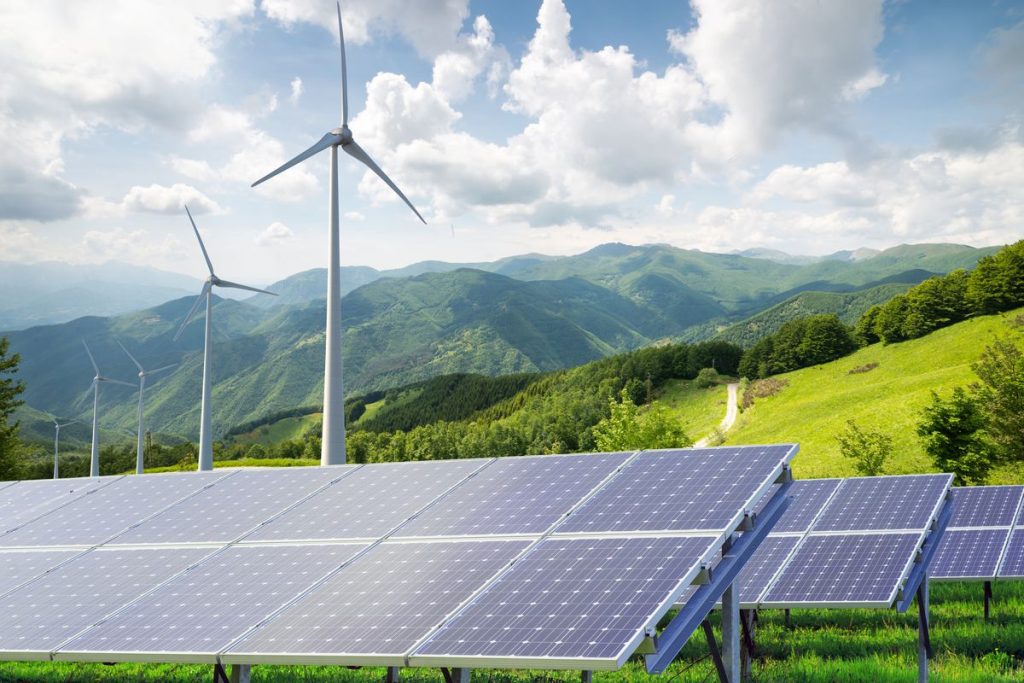It is clear that our current course is inadequate in light of the growing need to address climate change. Global temperatures are rising along with severe climate-related calamities and rising greenhouse gas emissions, despite increased awareness and efforts. These dismal facts highlight how inadequate our current approaches are.
We need to reevaluate our strategy from the ground up rather than just looking for band-aid solutions. Technological developments force a change towards more sustainable solutions by providing new ways to overcome the limitations of conventional methods.
Unified Energy Systems: An Emerging Paradigm
Systems of centralised energy production and distribution have long been shown to be unreliable and insufficient for ensuring that everyone has access to energy. Around the world, 745 million people do not have access to energy, according to the World Energy Outlook study.
The emergence of decentralised energy systems is predicted by the development of renewable technologies such as wind and solar power. More sustainability, dependability, and accessibility are promised by these systems, especially in underprivileged areas.
People and communities all throughout the world are empowered to produce and use energy locally thanks to rooftop solar installations, microgrids, and community solar initiatives. In addition to democratising access to renewable energy, this decentralised energy landscape gives communities authority over their energy future, promoting resilience and regional economic growth.
Women and Grassroots Empowerment: A Change-Catalyst
It is infeasible to achieve net-zero emissions without inclusive frameworks for the clean energy transition, given that over half of the world’s population lives below the poverty line, with a substantial proportion of women among them. Women and grassroots communities are essential to this shift because they provide the vital local viewpoints and information needed to create workable, long-lasting solutions.
The advent of inexpensive clean energy assets, such as solar cooking stoves and e-rickshaws, is changing the landscape in spite of previous obstacles. The establishment of grassroots economies focused on sustainable energy can be facilitated by empowering women entrepreneurs, yet financing remains a major obstacle.
Bringing Finance Back to Life for a Sustainable Future
One cannot emphasise how important it is to rethink finance. The funding requirements of decentralised systems and grassroots initiatives are not sufficiently met by the current global energy finance system, which is dominated by institutionalised lending and major energy players.
To empower local stakeholders, make money more accessible, and promote sustainable development at the local level, creative solutions are needed. We can only fully utilise clean energy and build a more robust, inclusive financial system going forward with such measures.
India and Nepal’s Transition to Clean Energy: A Joint Venture
The power sector collaboration between India and Nepal has great potential for the shift to renewable energy. The capacity-building efforts are under way thanks to an agreement that permits Nepal to export hydroelectricity to India. But the shift has to put electric transportation and energy-efficient appliance use first, especially in Nepal, where there is a lot of hydroelectric potential but cyclical variations in the energy supply.
India’s pledge to purchase hydroelectricity from Nepal benefits both Nepal’s reputation as a hydroelectricity centre and its own clean energy transformation. Furthermore, the extension of electricity transmission to Bangladesh creates new markets, which should boost the economies of both nations.
Towards a Sustainable Energy Future: A Look Ahead
In summary, it is not only desirable but also essential to rethink the global clean energy transition in order to combat climate change. Important first steps towards a sustainable and just energy future include embracing decentralised systems, empowering women and grassroots communities, and reinventing finance. We can meet the difficulties ahead and create a world powered by clean and renewable energy by working together and being innovative.
